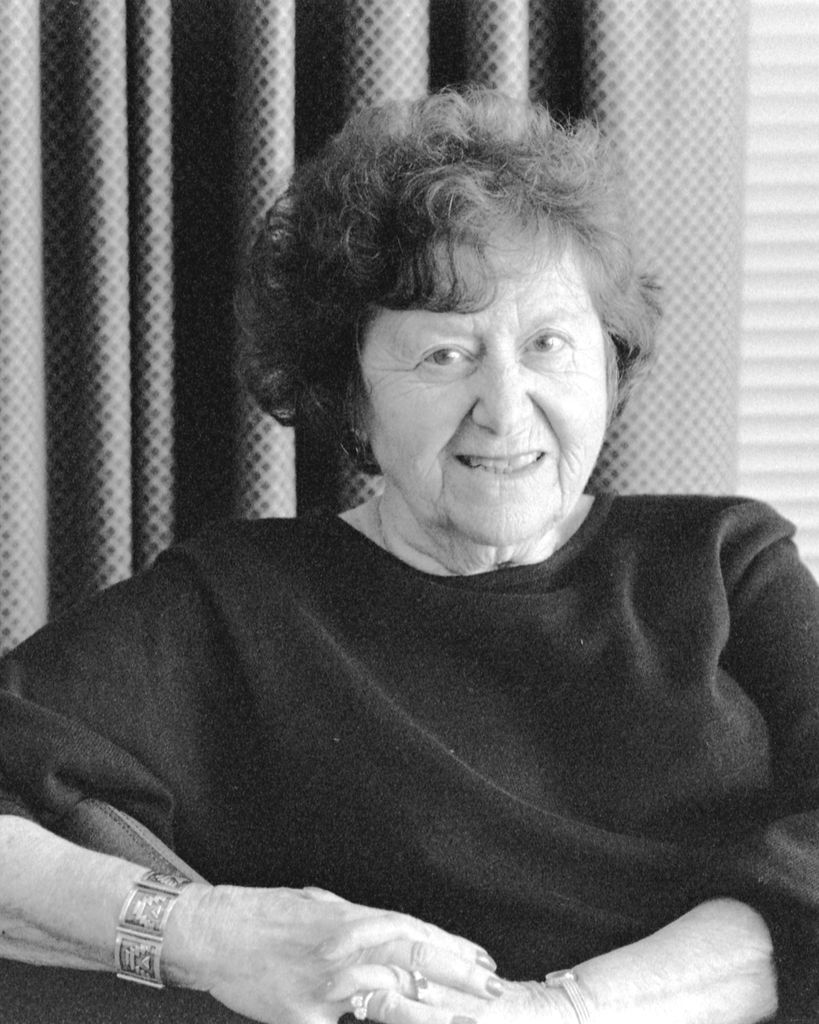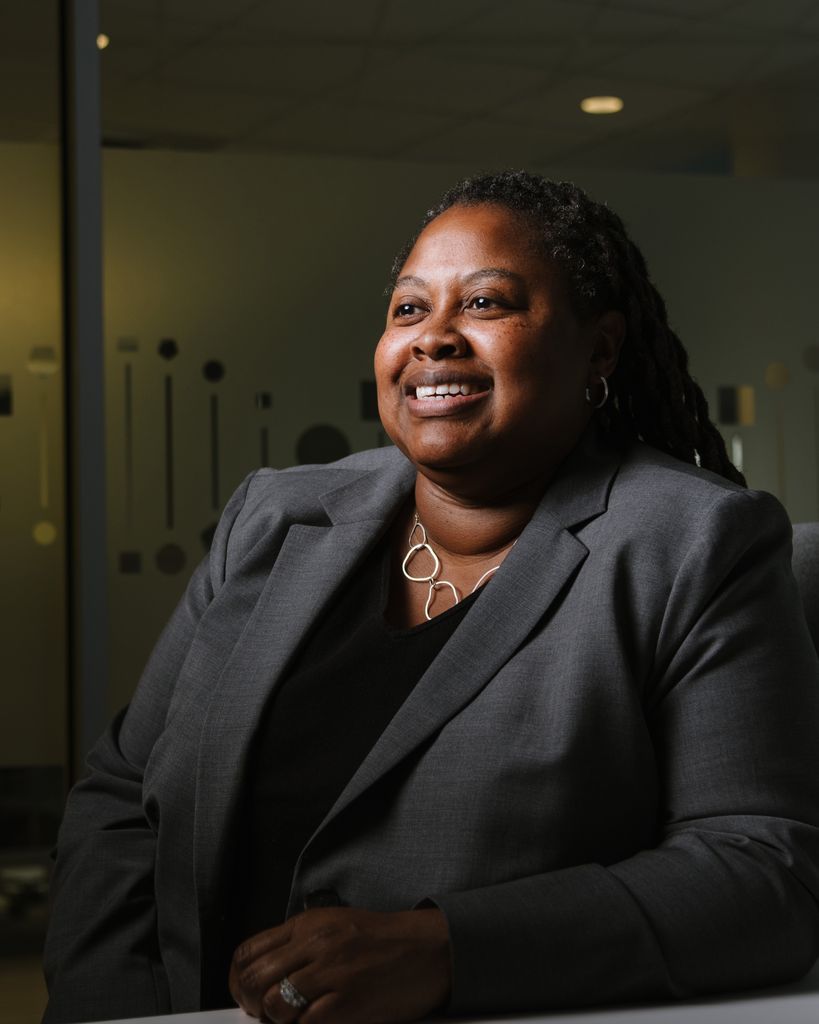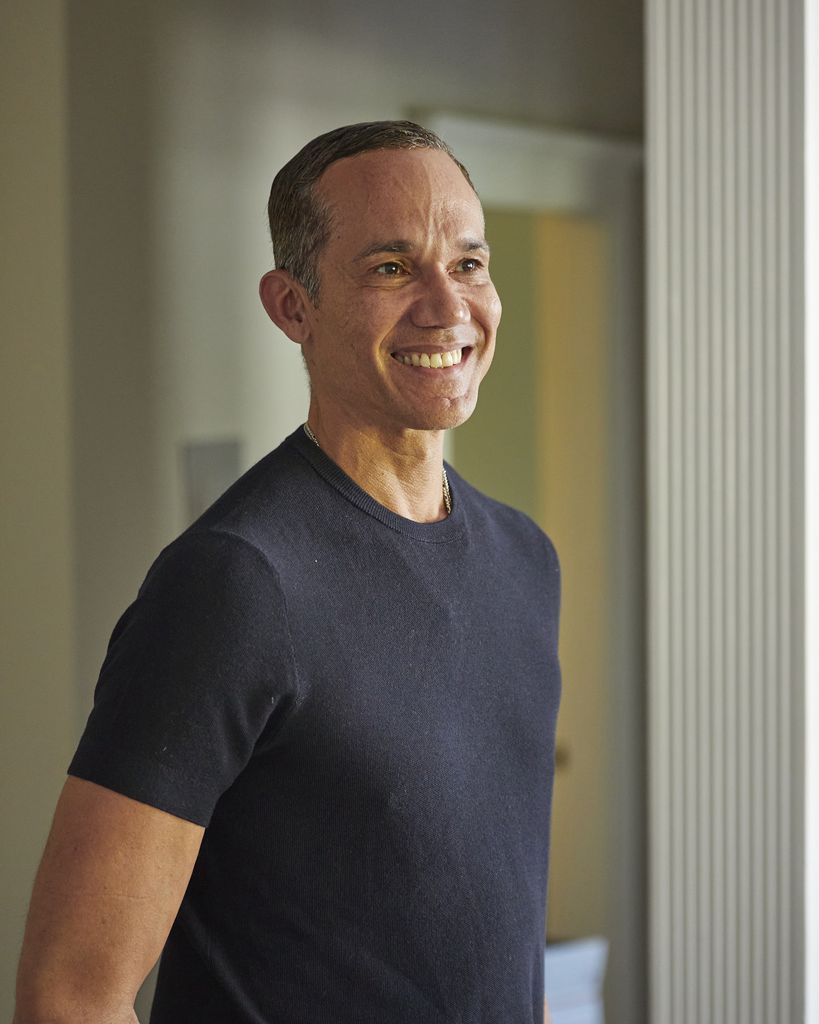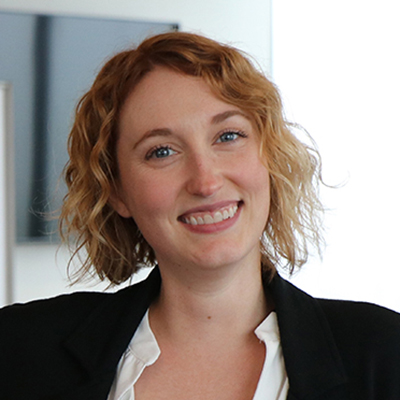In Service of LAW
Four alumni who have contributed to the life of BU Law in immeasurable ways.

Illustration by The Project Twins
In Service of LAW
Four alumni who have contributed to the life of BU Law in immeasurable ways.
Since its founding in 1872, Boston University School of Law has taken considerable pride in its faculty, staff, students, and alumni. It was with our community in mind that we set out to create 150/150: People, Places, Precedents, a commemorative book featuring 150 profiles of people, places, and events that have shaped the school and the world.
Throughout the school’s anniversary year, The Record will publish a selection of the profiles that appear in the book. We present here four people who have contributed to the life of the law school in immeasurable ways. Through their vision, generosity, and support, these leaders have inspired and imagined new opportunities for our community of teachers, scholars, and learners.
Robert Burdick

Clinical Professor Robert Burdick (’72) devoted his life and career to improving the rights of marginalized people throughout Greater Boston. As a BU Law student, Burdick dedicated many of his waking hours to serving clients of the Legal Aid Program. The program, which opened in a Jamaica Plain storefront in 1969, was founded to help impoverished, mentally ill, and disabled people avoid eviction, obtain disability benefits, and keep their families safe from violence.
After receiving his degree, Burdick worked for several years at Greater Boston Legal Services, but returned to BU Law to serve as a clinical instructor and acting program director. In 1979, he was named permanent director.
With Burdick at the helm, the program—known today as the Civil Litigation & Justice Program—grew from a single supervising attorney to five attorneys mentoring more than 30 students annually. Since joining forces with Greater Boston Legal Services in 1981, the program has provided services to more than 2,800 clients. “The value of this program is that it’s real,” Burdick told The Record in 2020. “Having that type of professional responsibility is transformative—it certainly was for me.”
Burdick also argued several civil law cases involving antidiscrimination, tenants’ rights, and insurance company claims settlement practices during his career. One of the landmark cases, Rogers v. Commissioner of Department of Mental Health, established the right of committed mental health patients to refuse antipsychotic medication.
Nancy Shilepsky (’78), one of the students who worked on the Rogers case, says Burdick’s mentorship shaped her ethics. “What I learned from Bob was that there is nothing more important than my obligation to protect and advocate for my client,” she said.
Burdick’s work undoubtedly changed the lives of thousands of people—students, colleagues, and clients—over the years. His contributions, including his tenure on the JD admissions committee and support for numerous initiatives for alumni, were recognized with Dean’s Awards for both outstanding service and teaching, and with the Pro Bono & Public Service Faculty Award.
When Burdick passed away in June 2020, Professor David Seipp, who served with Burdick on the admissions committee, remembered his “compassionate concern for every applicant and his particular advocacy for applicants who had volunteered for public interest and access to justice projects. He was a humble, quiet giant among us,” Seipp said.
Margaret der Hagopian

Margaret der Hagopian played an integral part in the day-to-day operations at BU Law for nearly 60 years—so much so that incoming students sometimes believed that she ran the school.
Der Hagopian, known to everyone as “Margo,” was the daughter of Armenian immigrants, and earned an associate’s degree in commercial science from BU College of Practical Arts and Letters in 1947. That same year, she began working at BU Law as secretary to faculty.
During the next six decades, der Hagopian contributed tirelessly to the growth and transformation of BU Law. She served under nine deans, helped the school move from 11 Ashburton Place to 765 Commonwealth Avenue, and witnessed the administrative staff and operations of the law school grow enormously.
Amid all that growth, der Hagopian took on more and more responsibility. By 1983, she had administrative responsibility for the operational budget, personnel and payroll, faculty appointments, accreditation reports, and countless other duties. “She was essentially a one-woman administration,” recalled Professor Seipp.
In 1991, der Hagopian took on the enormous task of cataloging the history of BU Law dating back to the school’s founding. Her years of painstaking research led her to photos, documents, and other archives—some of which were thought lost forever—including an old property law exam and a photo of the Class of 1900. The fruit of her labor was the “History of Boston University School of Law,” a two-volume work that was never formally published, yet became an invaluable source for the school—and for producing the forthcoming anniversary book.
She was honored more than once for her contributions to the school. She was the first recipient of the Student Bar Award in recognition of her service to the student body. She also received the John S. Perkins Distinguished Service Award and the Silver Shingle Award, the highest honor given by the school.
In 1997, the school’s 125th anniversary celebration was held in der Hagopian’s honor. At the event, Robert Kent (’49), a former student who served on the BU Law faculty for 31 years, remarked on her immeasurable contributions. “It is often said that no person is indispensable,” he said. “Maybe so, but this woman came close.”
Der Hagopian retired in 2006, yet she remained active with the school. When she passed away in 2009, Dean Emerita Maureen O’Rourke remembered a woman who was like no other. “She nurtured and supported our law students and alumni for more than half a century,” O’Rourke said. “Few people have been as dedicated to the school and as loved by faculty, staff, students, and alumni.”
Robin Walker & Jamie Whitney
Photos by Mike Ritter and Kent Dayton
A 2020 study by the American Bar Association found that while the number of lawyers who are people of color rose slightly over the past decade, only 4.7 percent of lawyers in the United States were African American (despite accounting for 12.4 percent of the US population). Another report from the National Association for Law Placement revealed a much larger dilemma closer to home: in 2020, less than a single percent of partners in Boston’s prestigious law firms were Black.
These numbers don’t look good, says BU Law alum Robin Walker (’99). “There are not enough minority lawyers in Boston and the trend is going the other way.”
In 2018, Walker, along with alum Jamie Whitney (’94) and Dean Angela Onwuachi-Willig, founded In Real Law (IRL), a program that provides underrepresented students with the opportunity to talk face-to-face with successful Boston attorneys from a variety of practice areas.
Walker, who serves as chief legal officer at Goldfinch Bio, says the program is helping level the playing field for future lawyers from underrepresented communities. “Students from well-educated families often feel confident in asserting themselves and asking for help, but many minorities lack the confidence to do this,” Walker noted. “They don’t expect successful people to be willing to take the time to talk to them.”
Each year, IRL hosts events that provide a platform for law students and attorneys to discuss the real-life challenges that first-generation lawyers and people of color face in the legal profession. Past events have featured discussions about interviewing, networking, and building confidence as a lawyer. “These are among our highest-rated student events,” said Nick Horan, associate director for academic enrichment at BU Law. “The students love them.”
Walker, along with Whitney, a senior vice president at State Street Corporation, points out that the program fills a critical niche since students of color are less likely to interact with mentors with similar backgrounds and life experiences.
In 2020, IRL expanded to include students from BU, Boston College, and Northeastern University—and there are plans to add more schools in the years to come. “We are helping people who made it in the profession reach back and help these students build a network,” said Walker. “This is one of the ways to make real progress.”
This Series
Also in
LAW150
-
June 7, 2023
Models for Modern Law
-
May 23, 2023
LAW Memories
-
May 16, 2023
The 150th: Vladimir Egiyan



